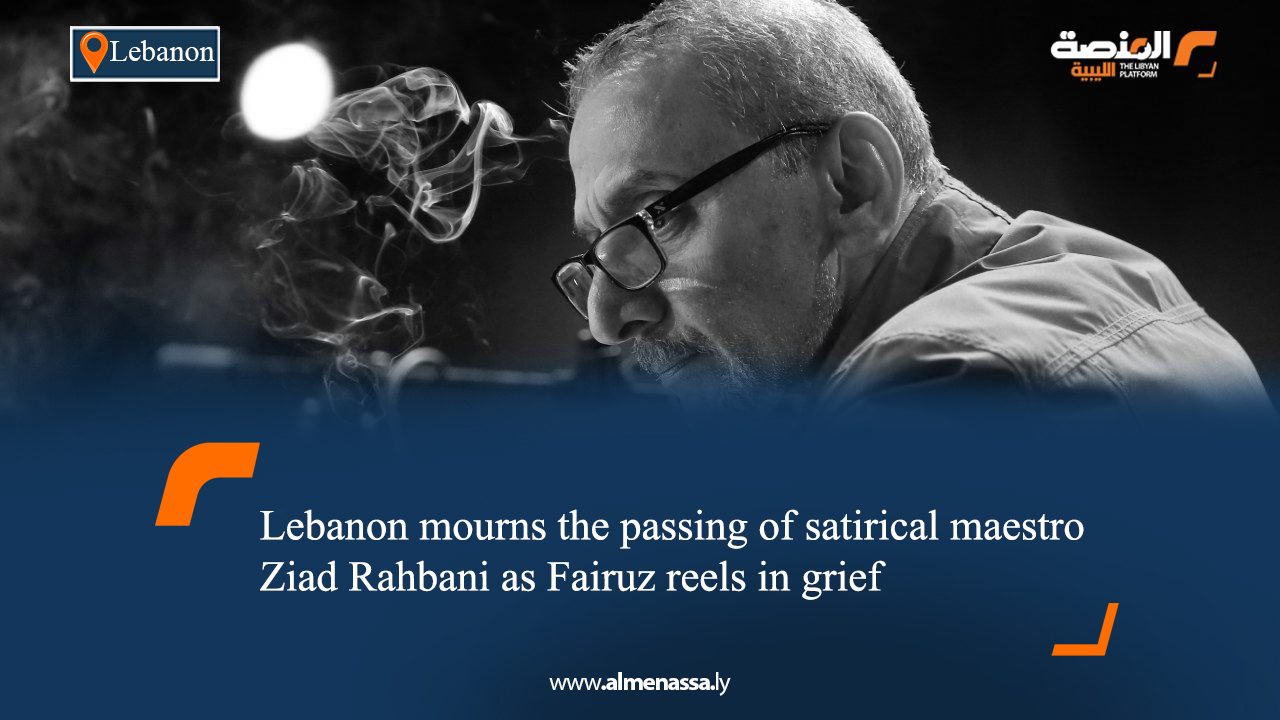Lebanon bid farewell to one of its most daring artistic voices on Saturday, 26 July 2025, with the death of composer and playwright Ziad Rahbani at the age of 69. The son of legendary singer Fairuz and composer Assi Rahbani, Ziad’s passing marks the end of an era in Arab music and theatre, one defined by biting satire, political critique, and musical innovation.
The news of his death, following a long illness, sent shockwaves through the cultural community. Fairuz, the iconic voice of Lebanon, reportedly collapsed upon hearing of her son’s passing. A medical team was dispatched to her Beirut home, where grief hung heavy over the family.


Born on 1 January 1956 into a household steeped in musical genius, Ziad carved his path early. At just 17, he composed “Sa’alouni El Nass” for his mother during his father’s illness, a moment that launched his career as a composer. Though he began by contributing to the Rahbani family’s theatrical productions, he soon broke away to forge a style that blended Eastern and Western musical traditions with sharp political commentary.
His theatrical works, including Hotel al-Surour, A Long American Film, and Shi Fashil, became cultural landmarks, known for their dark humor and unflinching portrayal of Lebanon’s social and political crises. Ziad’s stage was never escapist; it was a mirror held up to a fractured nation.


Beyond the theatre, he was a pioneering composer who reshaped the Arabic song form, fusing jazz with Levantine melodies. His experimental spirit extended to literature, with early writings like My Friend God, though his musical and dramatic output remained his most enduring legacy.
For decades, Ziad Rahbani’s work resonated with audiences across the Arab world, offering both critique and catharsis. His death is not merely the loss of an artist; it is the silencing of a voice that spoke truth to power through melody and satire.
Though Ziad is gone, his influence endures in the rhythms of resistance and the echoes of laughter that once filled his theatre. His legacy lives on in the hearts of those who saw their struggles reflected in his art.


